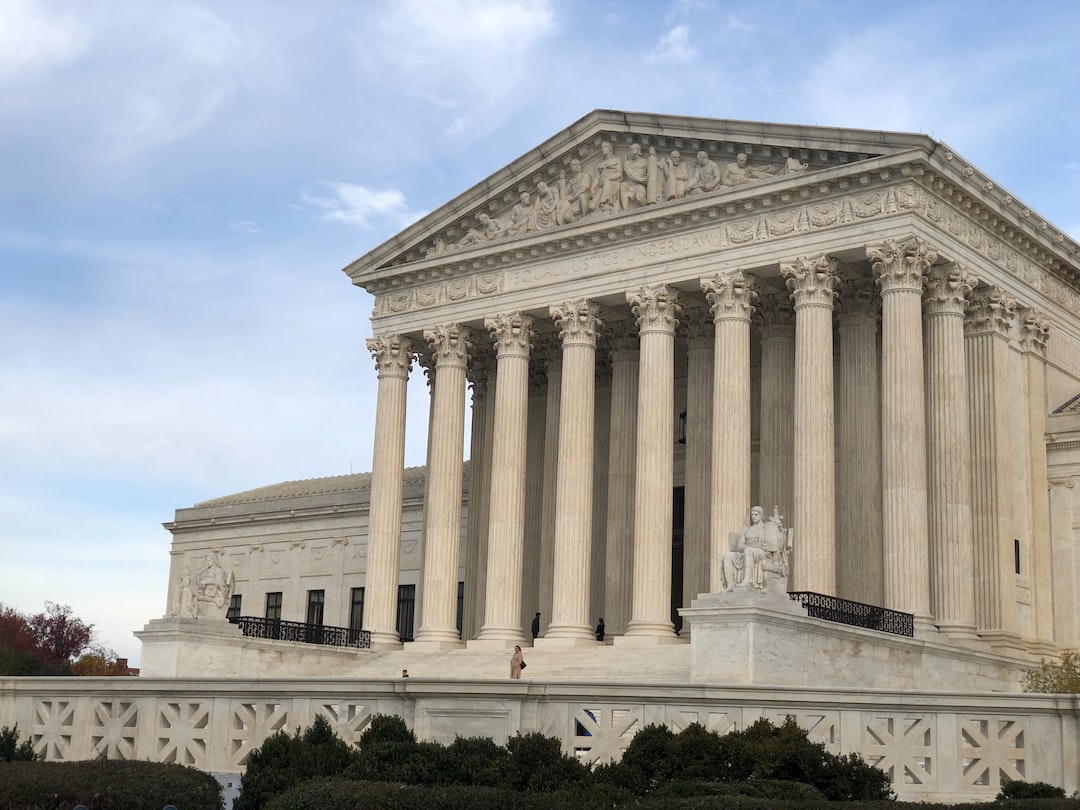The Legalization and Regulation of Marijuana: Examining the Implications
In recent years, there has been a significant push for the legalization and regulation of marijuana across the globe. While some countries and states have already taken steps in this direction, the debate continues to rage on about the potential implications of such a move. In this blog post, we will examine the arguments for and against the legalization and regulation of marijuana and delve into the potential consequences that could arise from this controversial decision.
First and foremost, proponents of marijuana legalization argue that it would bring numerous economic benefits. Legalizing marijuana would create a new industry, stimulating job growth and generating tax revenue for governments. According to a report from New Frontier Data, legalizing marijuana in the United States could generate $105.6 billion in federal tax revenue and create over 1.6 million new jobs by 2025. This economic boost would not only benefit individuals working in the industry but also help fund essential public services such as education, healthcare, and infrastructure.
Furthermore, proponents argue that legalizing and regulating marijuana would significantly undercut the black market. By bringing marijuana sales and production under a legal framework, the illicit market would struggle to compete with legal businesses. This would result in safer products and reduce the potential for violence and crime associated with illegal drug trade. Additionally, the regulation of marijuana would allow for quality control and testing, ensuring that consumers are aware of what they are buying and consuming.
On the other side of the argument, opponents of marijuana legalization express concerns about the potential negative health impacts. They argue that the long-term effects of marijuana use, particularly on brain development in adolescents, need further study before any decision is made. Additionally, opponents worry that legalization might lead to increased marijuana use overall, resulting in potential public health issues.
Another concern raised by opponents is the potential for marijuana to be a gateway drug. While research on this topic is inconclusive, some argue that marijuana use could lead individuals to experiment with more potent and dangerous substances. This fear is particularly prominent among those who advocate for a strict “war on drugs” approach to substance abuse.
One of the biggest challenges in the legalization and regulation of marijuana is determining the appropriate regulations and safeguards. Finding the right balance between ensuring safety and preventing misuse is crucial. Creating policies that restrict access for minors, enforce driving under the influence laws, and establish clear labeling and packaging requirements are essential to successfully regulating this industry. Learning from the experiences of regions that have already legalized marijuana, such as Uruguay and several states in the United States, will be vital in forming effective regulations.
Legalizing and regulating marijuana also brings questions about international drug policy and treaties. Many countries are signatories to international agreements that prohibit the production, sale, and use of marijuana. Legalizing marijuana within specific jurisdictions challenges these agreements and could lead to diplomatic tensions. Policymakers must navigate this complex landscape, balancing domestic demands with international obligations.
In conclusion, the legalization and regulation of marijuana are complex issues with significant implications. While proponents argue for the economic benefits and the potential to reduce the black market, opponents express concerns over health impacts and potential public health issues. Striking the right balance between regulation and personal freedom is key, along with robust research and evidence-based policies. It is essential for governments to approach this issue with caution, utilizing the lessons learned from jurisdictions that have already taken this step. Only through careful consideration and analysis can we fully understand and navigate the implications of marijuana legalization and regulation.

